Facing high interceptions due to plant quarantine pests and stringent European Union regulations, Togo's fruit and vegetable exports were at risk. The STDF project embarked on a comprehensive approach to address these issues and empower local stakeholders to strengthen the phytosanitary system — paving a path towards pest-free trade.
 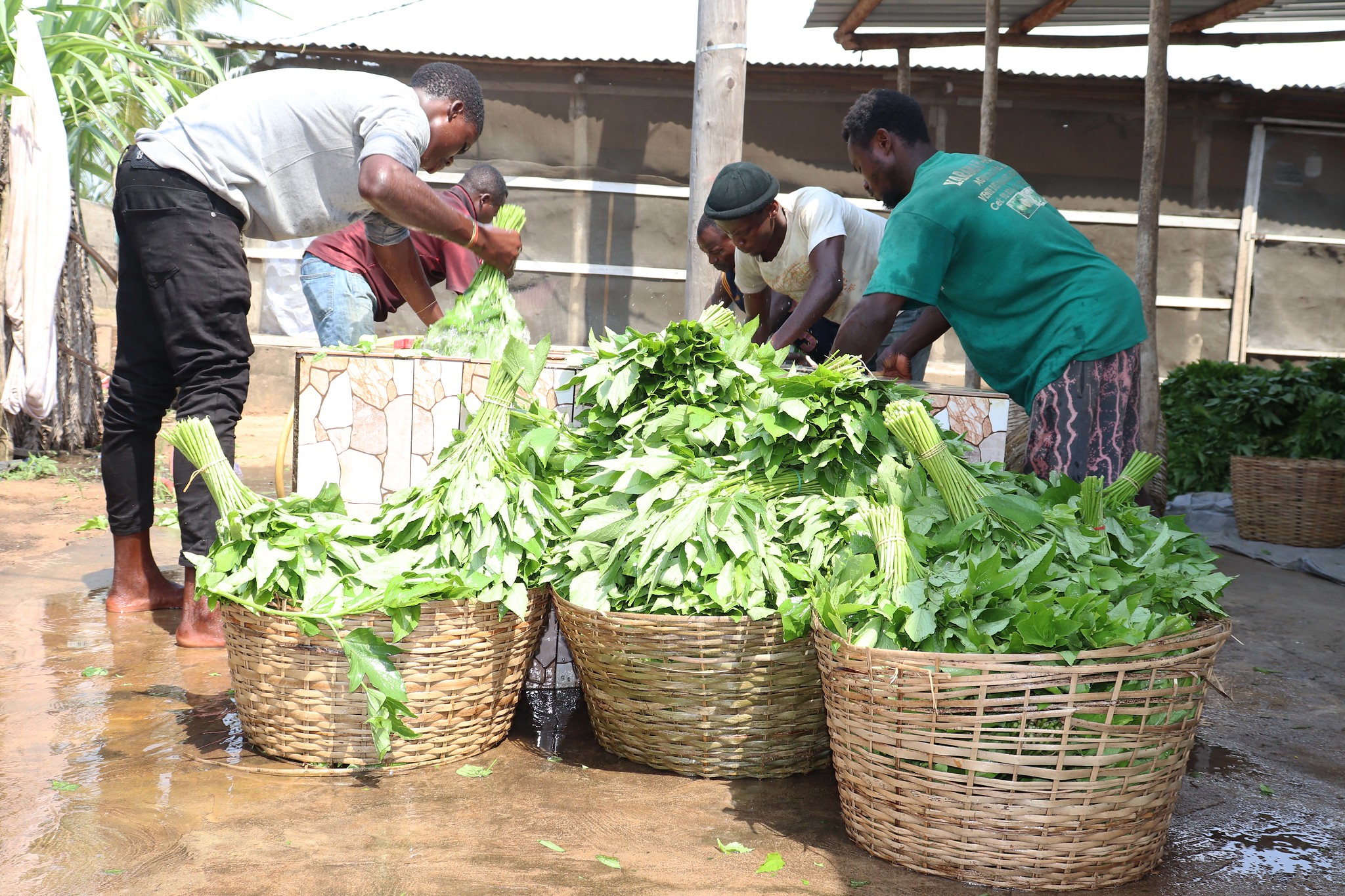 |
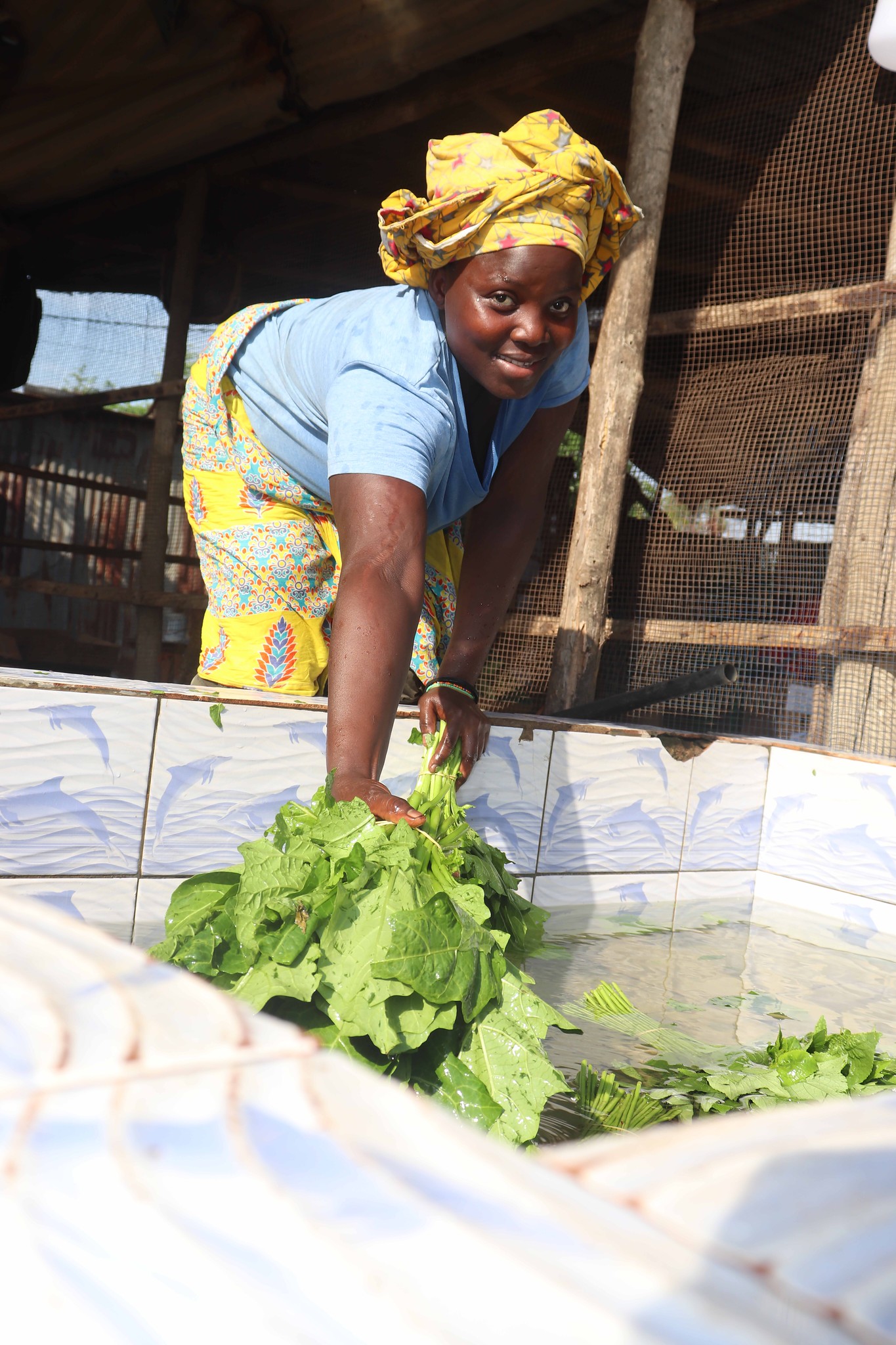 |
 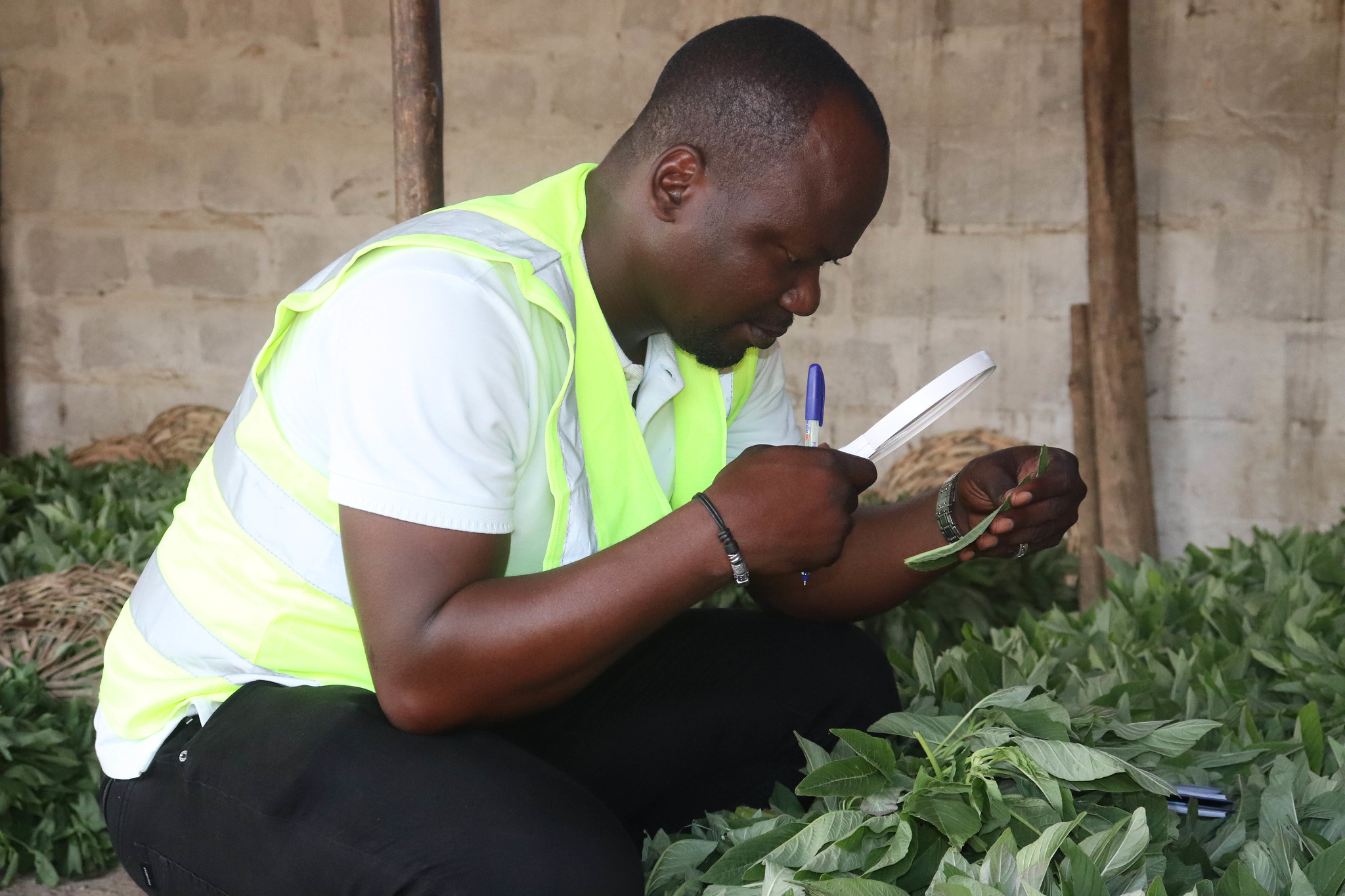 |
In the heart of West Africa, Togo's agricultural sector is undergoing a transformation, thanks to a pioneering STDF project aimed at fortifying the nation's fruit and vegetable exports. With a focus on strengthening phytosanitary controls, tackling food safety challenges and improving market access, this project led by the Committee Linking Entrepreneurship-Agriculture-Development (COLEAD), has not only enhanced Togo's agricultural competitiveness but also fostered economic growth and poverty reduction in rural areas.
Facing challenges such as interceptions due to quarantine pests, like whitefly and fruit flies, and stringent European Union regulations, Togo's agricultural exports were at risk. This not only threatened the livelihoods of Togolese farmers but also jeopardized the country's reputation as a reliable exporter of fruit and vegetables. Recognizing the urgency of the situation and the critical importance of pest-free produce in international trade, the STDF project embarked on a comprehensive approach to address these issues and empower local stakeholders.
Strengthening regulation and skills
Through strategic capacity building initiatives, the project strengthened institutional frameworks, and plant inspection and protection services, to comply with international standards. Regulatory frameworks were revised and updated to align with regional and international phytosanitary regulations, laying the groundwork for sustainable trade relationships.
Key achievements include the development of sector-specific guides and training sessions, equipping farmers and exporters with the knowledge and skills needed to meet stringent phytosanitary requirements. Over 500 producers (including 70 women who play a pivotal role in Togo's horticulture sector) now have the tools to manage plant pests more effectively, which is expected to improve productivity and reduce economic losses, while protecting and enhancing natural assets.
Fostering a culture of cooperation
Empowering the private sector was paramount to the project's success. Support was provided to professional organizations such as the Association of Producers, Processors, and Exporters of Vegetables and Fruits of Togo (APROTELF), enhancing their capacity to advocate for the interests of their 25 members. A four-year strategic plan was developed to prioritize the needs of association members, fostering collaboration and collective action.
 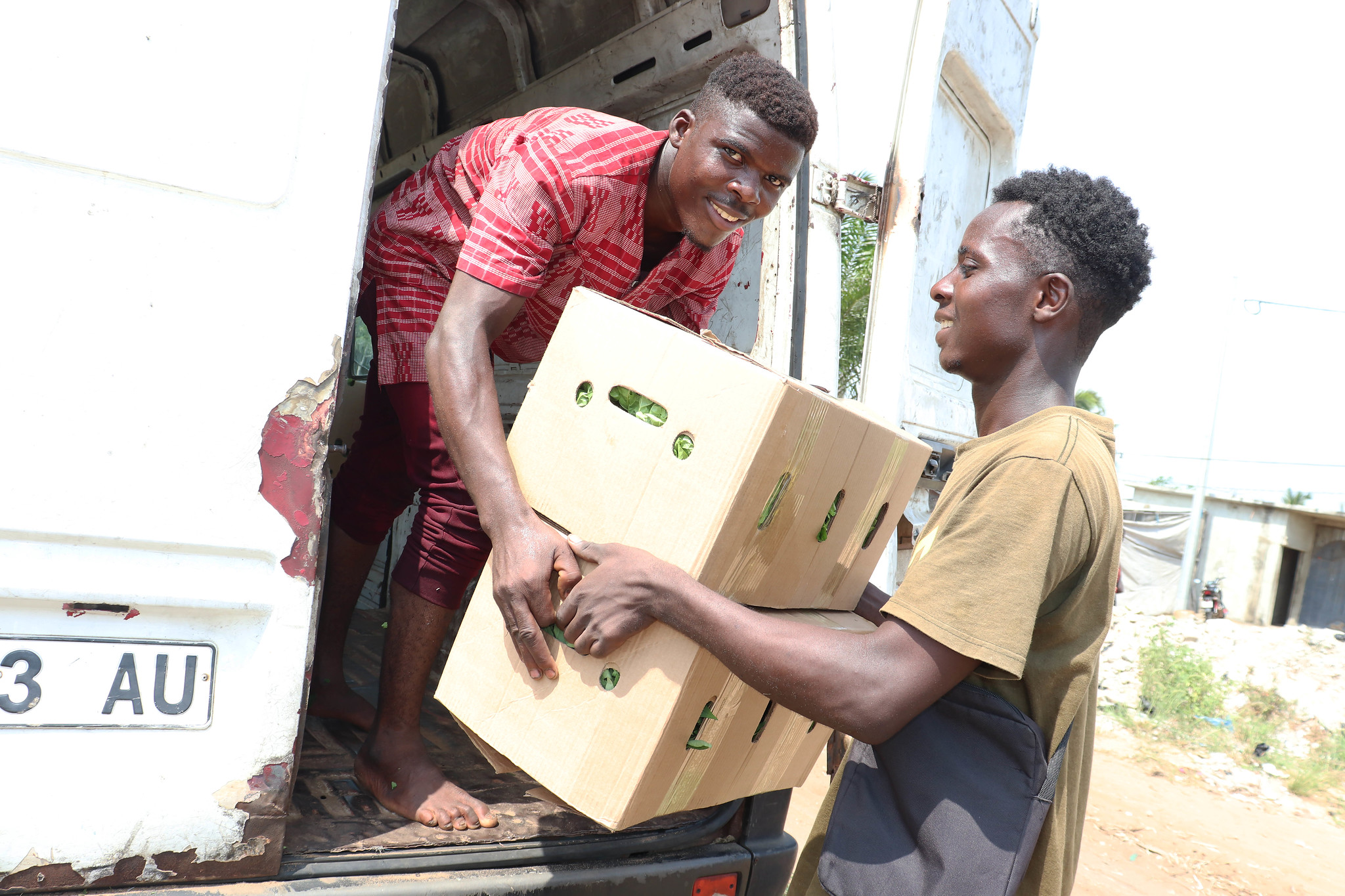 |
“Support provided to the association enabled us to get on track. We are now equipped to carry out our mission and to engage with the National Plant Protection Organization – Direction de Protection des Végétaux.”
|
The project facilitated dialogue between public and private stakeholders, establishing transparent communication channels to address industry challenges effectively. Six workshops and regular interactions fostered a culture of cooperation, ensuring that the voices of local farmers and exporters were heard and their concerns addressed.
"Thanks to the project, I gained very practical skills. As part of the training, we also formed a network among participants. Thanks to this network, I was able to find a job as a supervisor at the Adétikopé Industrial Platform." |
 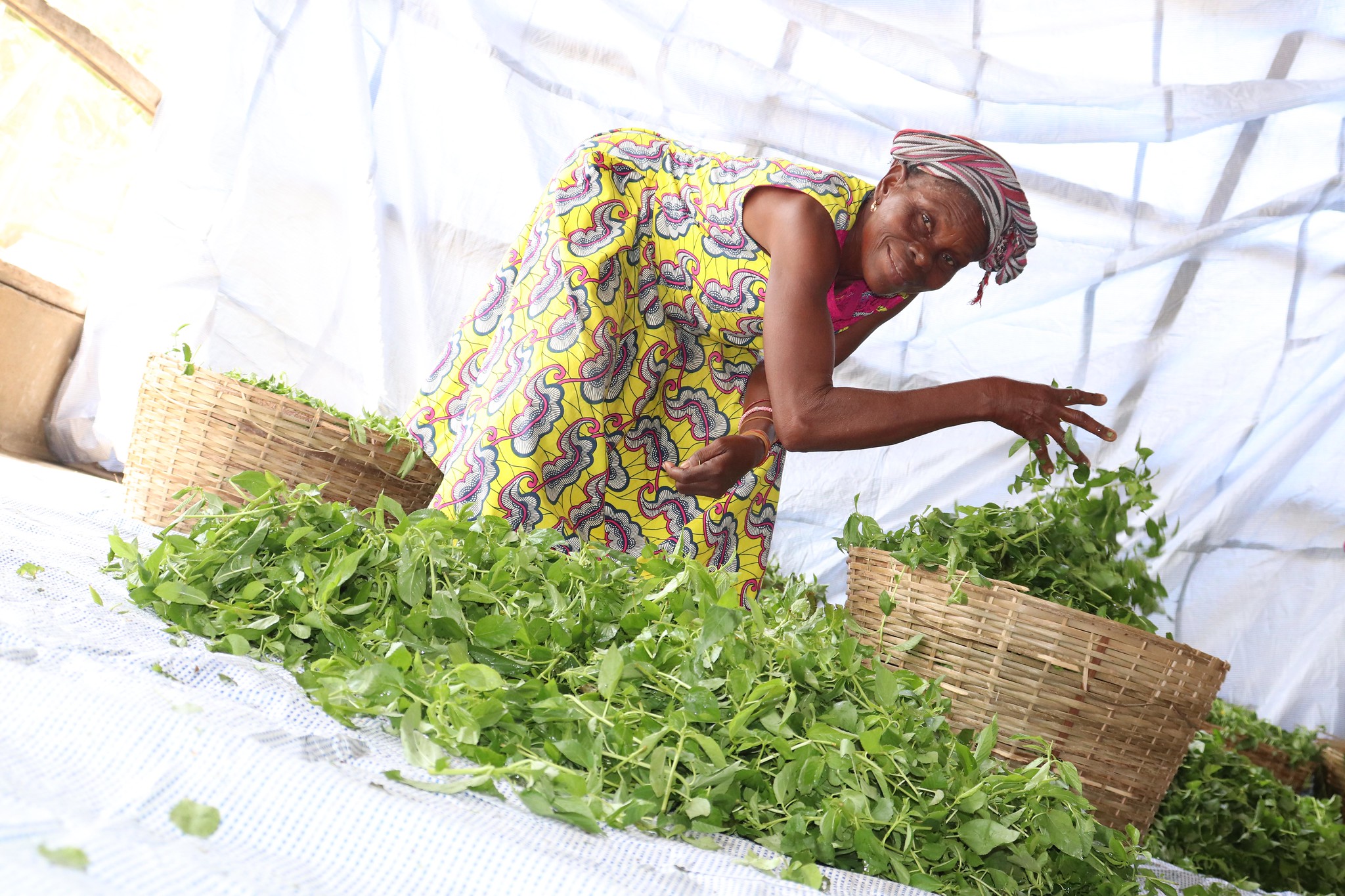 |
Commitment to quality and compliance
Togo witnessed a significant increase in its agricultural exports, buoyed by a strong adherence to sanitary and phytosanitary requirements. Between 2017-2022, export volumes of agricultural produce grew by 30%1. Over the same period, the number of interceptions by the EU decreased by 60%2. This signalled a newfound confidence among Togolese exporters and a testament to their commitment to quality and compliance.
The impact of the project extends far beyond these achievements — it has transformed livelihoods across Togo. Farmers in the horticultural exporter have seen their incomes grow as they produce pest-free crops destined for international markets. Armed with new knowledge and resources, these farmers have implemented innovative techniques to protect their crops, ensuring that their products are pest-free and market-ready.
The project initially targeted horticulture products and extended support to other value chains, like pineapples.
"Our company exports pineapples. To grow the business, I was responsible for finding small-scale growers and producers who could meet international standards and export requirements. Thanks to the training, I led the development of the HACCP3 manual and other procedures from start to finish."
|
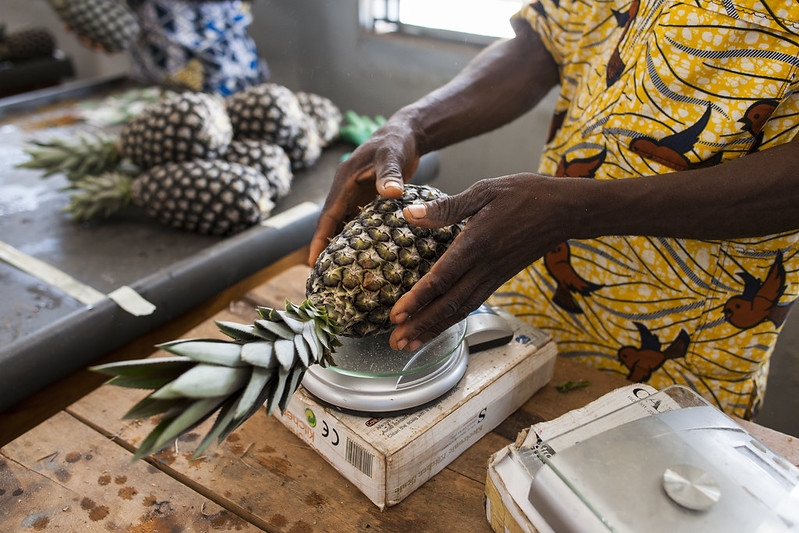 |
Cultivating a future of prosperity
With increased market access and export diversification, Togo's fruit and vegetable sector is driving economic growth and poverty reduction, particularly for women in rural areas where opportunities for income generation are limited.
As the project concludes, its legacy lives on in the fields and markets of Togo, where the commitment to quality and collaboration continues. With strengthened phytosanitary controls and empowered stakeholders, Togo is poised to build on this success and cultivate a future of prosperity for generations to come.
FAST FACTS
- 30% increase in export volumes of agricultural produce from 2017-2022
- Reduced interceptions in the horticultural sector due to phytosanitary issues
- 500 farmers and exporters (70 women) benefited from training
LESSONS
Hands-on learning increases ownership: Combining hands-on experience, like internships, with theoretical training made participants feel more invested in the project's success.
Public-private dialogue is essential: Regular meetings and workshops that brought together both public and private stakeholders were instrumental. This open dialogue led to more effective cooperation.
Networks increased collaboration: Building networks among farmers and extension agents during training sessions created valuable connections. These networks not only encouraged ongoing communication but served as platforms for sharing job opportunities, enhancing collaboration beyond the training sessions.
Flexible and online training boosts participation: Offering online training and flexible programs made it easier for beneficiaries to participate. The online training for technical managers received positive feedback for its accessibility.
Tools for monitoring and evaluation: Providing tools, like logbooks, helped participants track their progress in implementing good practices. These tools were effective for monitoring and evaluating the application of hygiene and traceability practices, and ensuring continuous improvement.
-----------------
To learn more about the project please visite the STDF website.
Watch the webinar recording "Safe trade: a lever for development in French-speaking Africa"
_________________________________________________________
1 https://www.colead.link/analytics/
2 https://food.ec.europa.eu/plants/plant-health-and-biosecurity/europhyt/interceptions_en
3 HACCP: Hazard analysis and critical control points
Photos credit: STDF/COLEAD















